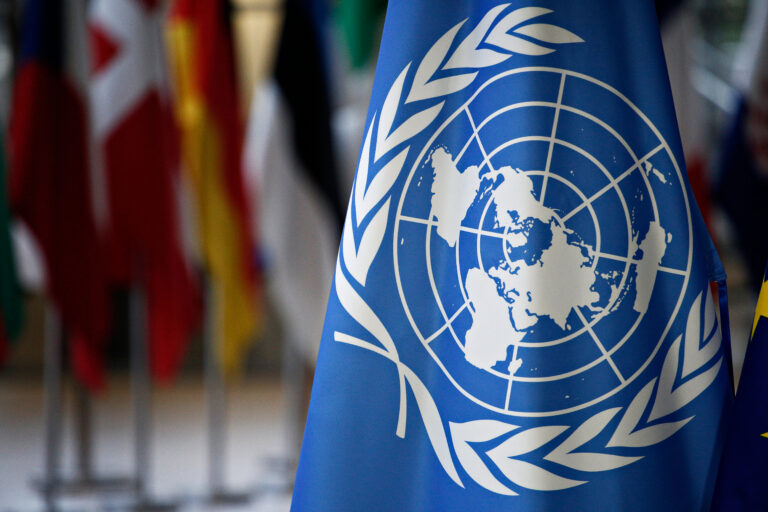NASSAU, BAHAMAS — Prime Minister Philip Davis last night lauded the agreement emerging from the United Nations climate conference COP27 to establish a “loss and damage” fund for countries impacted by climate change.
Davis said the historic move followed unrelenting climate advocacy, and represented an important, long overdue step towards climate justice.
According to Davis, the agreement will establish a fund to compensate countries for the losses and damages suffered as a result of the climate change caused by high carbon emissions by the world’s wealthiest polluters.
“The moral case for such a fund is undeniable: the world’s wealthiest countries industrialized and became rich by burning fossil fuels; the emissions from those fuels are causing our planet to warm, leading to more extreme weather,” he said.
“The countries who have contributed the least to global warming are on the frontlines of climate change, with small island nation states in particular facing existential danger.”
COP27 convened in Sharm El-Sheikh, Egypt from November 6-18.
A transitional committee comprising of 24 members will be nominated by December 15, according to the agreement.
The geographical representation of the committee includes: three members each from Africa, Asia and the Pacific, and Latin America and the Caribbean; two members each from small island developing states and another two from the least developed countries. There will also be one member from a developing country not included in those categories.
The committee will serve as a coordination mechanism, and make recommendations for consideration at next year’s COP 28 in late 2023 where its work is expected to be concluded with the adoption of decisions related to the new funding arrangement.
For his part, Davis said there is no time to rest as ensuring the fund is operationalized with significant funding and a fair, transparent mechanism for compensation, will require much more work.
He also noted that climate action could not postponed on other fronts.
“I have been very clear that the biggest polluters need to do so much more to prevent future harms as well — the world needs to dramatically reduce emissions to prevent the worst-case scenarios, while simultaneously recognizing that we are already entering a new climate era, one that requires all nations and peoples to adapt,” he said.
Davis continued: “Bahamians understand the urgency of the climate fight. We know we need to get stronger in the face of more powerful and more frequent hurricanes. We know we need to make food security a priority, so we don’t import so much of what we eat.
“And we feel deeply how unfair it is that each hurricane leaves us many millions more in debt, and even as we put our fiscal house in order, our vulnerability to future climate shocks — the risk of future hurricanes — is being priced into the interest rates we pay. We are quite literally paying for other countries’ failures to curb emissions.”
The prime minister maintained that mitigation and adaptation have never been more urgent despite increasing challenges to progress that he called “the geopolitics of the moment”.
“A war in Eastern Europe, a global inflation crisis, and an energy crunch — make progress difficult,” he said
“Although the moral case for action is unambiguous, I believe it’s also crucial to persuade political and business leaders that progress is in their own interests as well. A future of climate upheaval is a future of tremendous instability, one that threatens everyone.
Davis said: “Innovative financing solutions for the transition to clean energy are in their interests as much as they are in ours.”
Davis underscored the importance of building effective coalitions, pointing to the Caribbean Regional Heads of Government conference that he chaired in August.
“We worked together to build consensus so we could stand up for our countries with a stronger voice at COP27. Building more effective coalitions is an important part of our work,” he said.
Davis said: “Another key aspect of our climate advocacy is our effort to become the first country in the world to sell blue carbon credits — so that we are compensated for protecting and restoring our mangroves and seagrasses, which play a critical role in removing carbon from the atmosphere.”
Davis noted the participation of the Minister of Agriculture, Clay Sweeting, whom he said met with counterparts, scientists, and non-profits to bring home innovative ideas for investing in agriculture and fishing during these challenging times.
The prime minister said he was also inspired by the young Bahamian activists who participated.
“This fight belongs to all of us,” Davis added.








